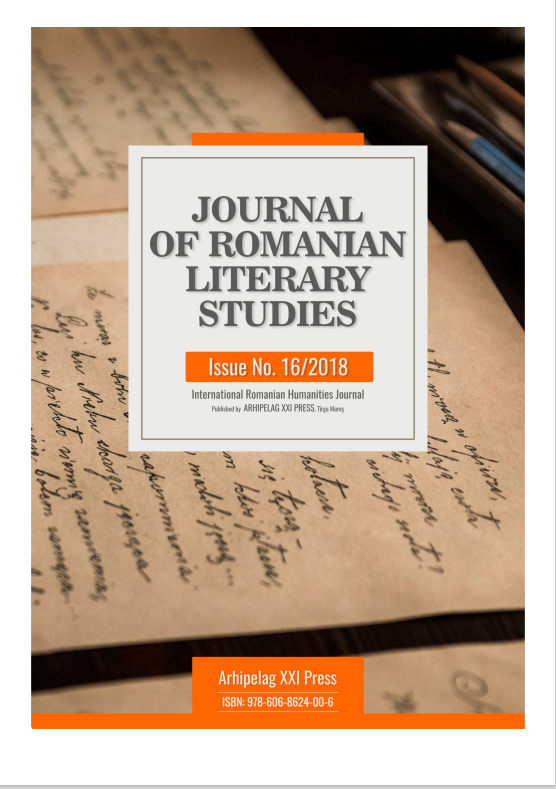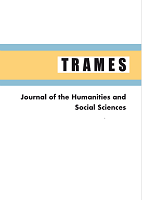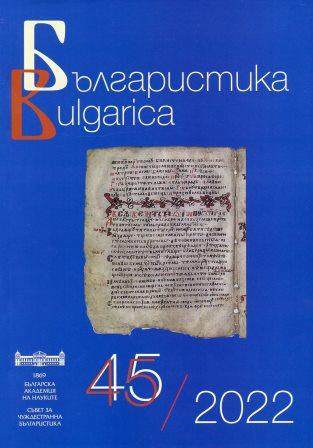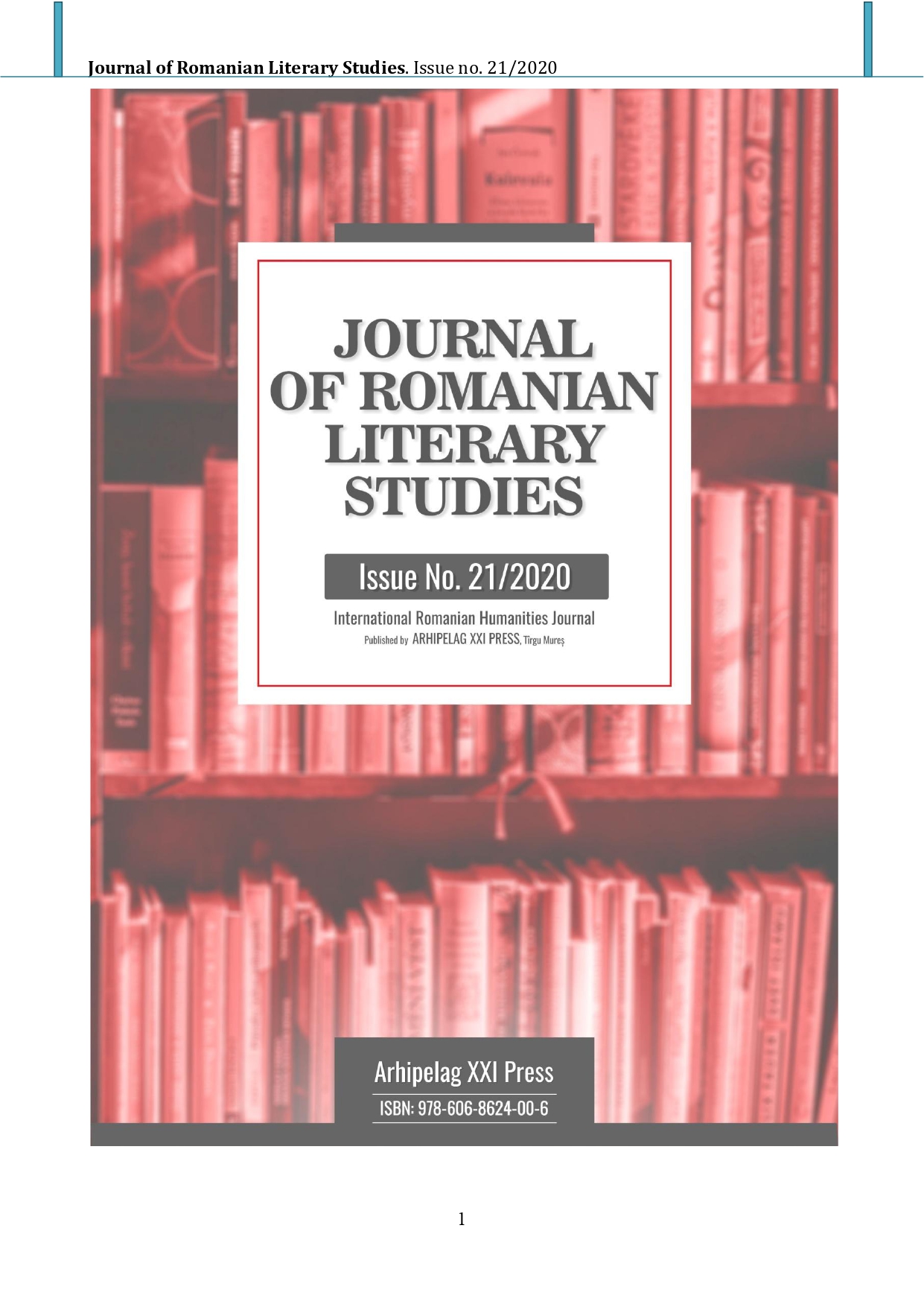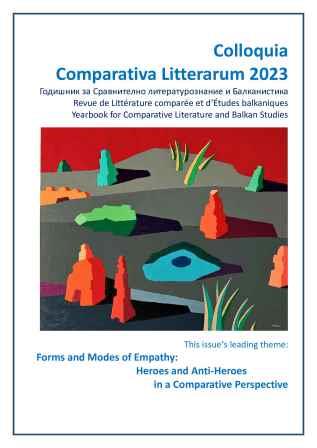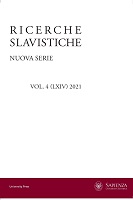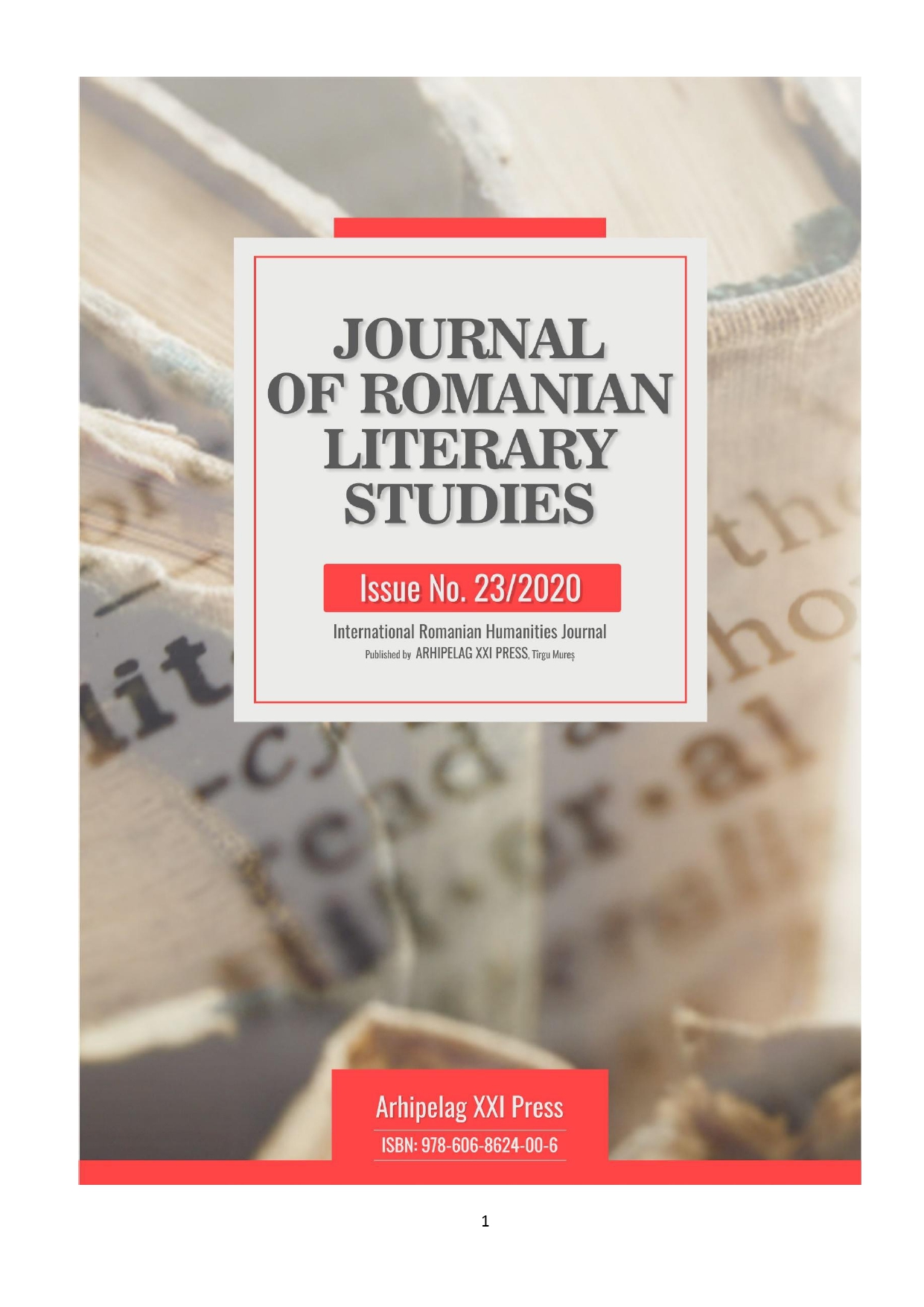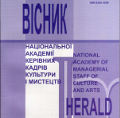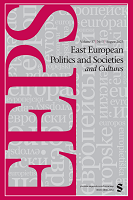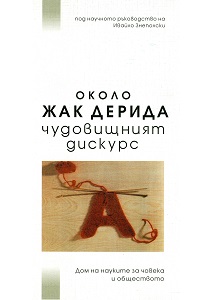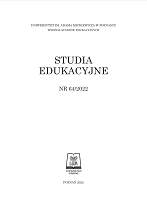Author(s): Olena Chumachenko / Language(s): Ukrainian
Issue: 1/2023
The purpose of the article is to consider the miniature as a pictorial interpretation of the text, as one of the elements of «entertainment» in the context of the development of medieval culture. The research methodology. An analytical method is used to collect theoretical material about the miniatures of the Mirovingian period (V–VII centuries), on the example of the Sacramentarium Gelasianum and Gellon Sacramentarium; the miniatures from the times of the Carolingian revival of the VIII-IX centuries, («Gospel of Godescalk», «Gospel of Ada», «Gospel from the monastery of St. Medard in Soissons»). A historical and cultural method is applied to analyse the role of the miniature in the socio-cultural life of Medieval Europe as one of the elements of ceremonial and ritual «entertainment». An art historical method that involves a detailed examination and description of a medieval book miniature, and a theoretical method are used to summarise the findings. The scientific novelty of the work is that for the first time the miniatures are considered as a pictorial interpretation of the text in the context of the development of the medieval culture, as a sensual form of knowledge of an ideal model, and one of the elements of the personification of ritualistic "entertainment" in the socio-cultural life of this historical period. Conclusions. The article examines the miniature as a visual interpretation of the text in the context of the development of the culture of the Middle Ages. It has been proven that since ancient times the miniature, on the example of the "Ambrosian Iliad", was the personification of ceremonial and ritual, and partly artistic "entertainment", which made it possible to outline the miniature as a pictorial component of this phenomenon, as well as a pictorial interpretation of the handwritten text which reflects the most current events of this historical era. The brightest examples of the miniatures in the early Christian tradition of Western Europe, which are presented in the Merovingian manuscripts of the V-VIII centuries, are considered using the example of the Sacramentarium Gelasianum and Gellon Sacramentarium. Graphic miniature decoration becomes not just a pictorial interpretation of the text, but turns into an element of worship. There are many images of birds, fish, animals, and plant ornaments, the emphasis is on red, yellow, and green. Great attention is paid to the decorative design of the capital letters of the sections, they become special symbolic signs that are even attributed with magical meaning. The miniature begins to act as a sensual form of knowledge of the ideal model, which is available to the chosen ones. This tradition continues on the example of Carolingian manuscripts, the miniatures «Source of Life» («Gospel of Godescalcus»), «Adoration of the Lamb» and «Source of Life» («Gospel from the Monastery of St. Medard in Soissons») are symbolic, personifying the theocentric worldview, that the Gospel is the source of eternal life.
More...
